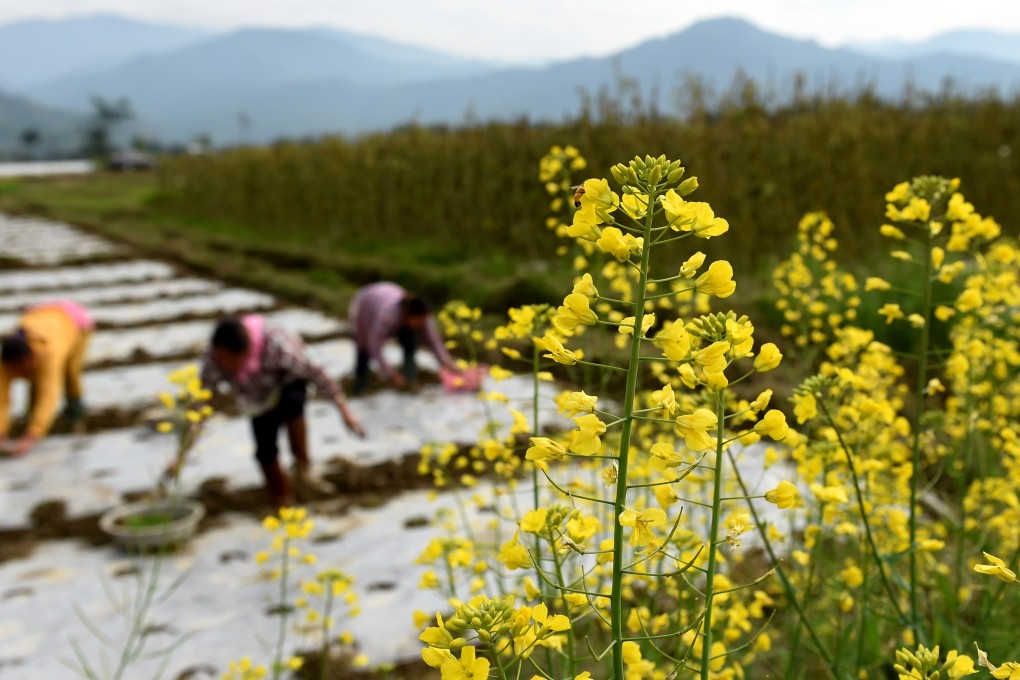Food safety tops China's rural agenda
Annual 'No 1' central government document pledges support for mainland farmers

The central government pledged in a key policy document on Sunday to address food safety and modernise agriculture while raising the income of growers, as it sought to address concerns about future food supply.
The broad statement was released as part of the so-called No1 Central Document, which is issued in January by the Communist Party's Central Committee and the State Council. It sets priorities for the 12 months ahead and has focused on rural matters for the past 12 years.
This blueprint mapped out five goals - modernising agriculture, raising farmers' income, improving infrastructure, deepening land reforms, and strengthening rule of law in rural matters.
Harvests had increased for 11 consecutive years, but as economic growth slowed, it became necessary to reinforce agriculture's position and raise farmers' incomes, it said.
Agriculture accounted for 9.2 per cent of gross domestic product last year, down from 9.4 per cent in 2013, according to preliminary data released last week.
But the industry suffered from overdevelopment, which had contributed to environmental problems, so securing supply and ensuring safety were great challenges, it said.